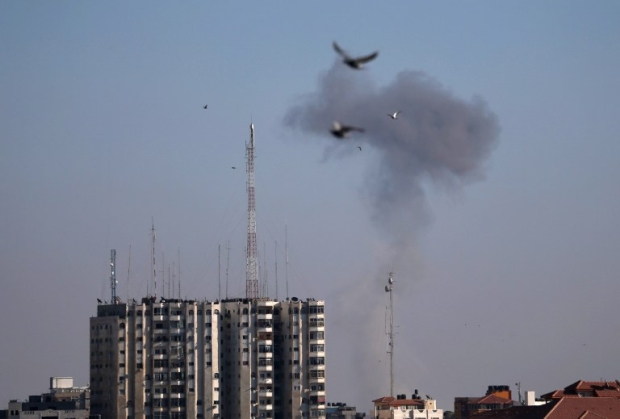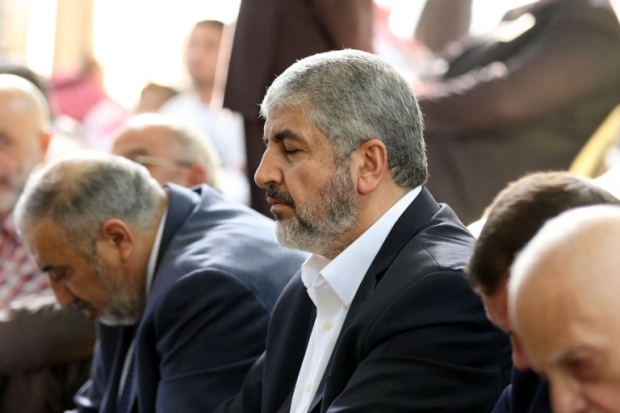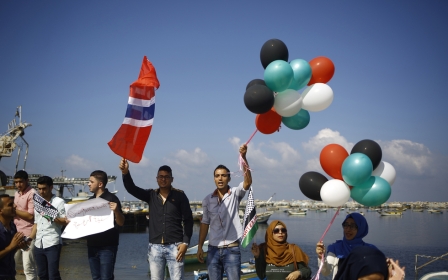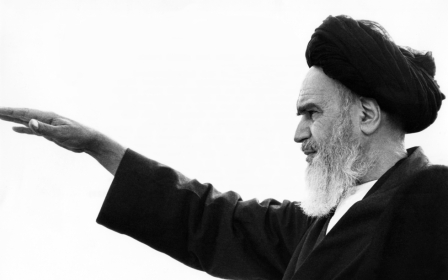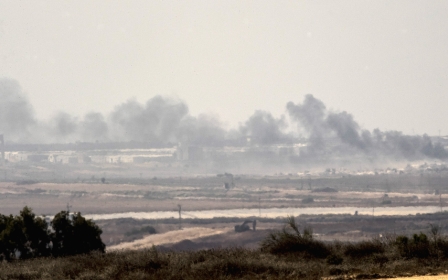The looming Israeli-Hamas war neither side wants

In Israel, the autumn months usually pass unnoticed, a brief, cool respite from another hot summer and quite often from another war.
This year’s autumn is different. Unlike the heated summers of 1967, 1982, 2006, 2012 and 2014, June, July, and August came and went without war.
But the winds of a new looming round of violence are blowing again.
Once again this week, two rockets were fired from Gaza. One of them landed in the city of Sderot. Israel retaliated fiercely with air force bombs and tank shells.
This is a dangerous game which requires both Israel and Hamas to perform with the agility of a tightrope walker. So far, it seems that both sides have succeeded.
War, who is it good for?
It is neither in the interest of Israel nor Hamas to escalate their tensions, given the possibility that events could get out of hand.
Hamas knows that it is not ready for a new war. It is a much weaker organisation than it used to be before the last war in 2014. Politically, it is more isolated than ever. Egypt continues to perceive it as a Palestinian extension of the Muslim Brotherhood, one hated by the regime of President Abdel Fattah al-Sisi.
Turkey, a major benefactor of Hamas, has recently signed a reconciliation agreement with Israel and resumed full diplomatic relations. Its support for Hamas is more rhetorical than material.
The only real supporter Hamas has left is Qatar. But the oil-rich emirate is also very careful because it has secret channels with Israel and depends on Israeli goodwill to transfer money to rehabilitate Gaza.
Nowadays, Hamas faces a political struggle on two fronts. On one front, it is fighting the Palestine Liberation Organisation and suffered a major blow when the Palestinian Supreme Court ordered the cancellation of the local elections in the West Bank after the Hamas government revoked the right of Fatah, the PLO's largest faction, to participate in the Gazan elections.
For its part, Israel doesn’t want to be dragged into another battle for several reasons. Above all, it knows that if, unfortunately, a new war breaks out, it will not have any choice but to pursue a decisive military victory which would need to topple the Hamas regime. And then what?
Israeli decision-makers and generals know that Israel would have to reoccupy and govern Gaza anew since most Palestinians would reject the return of the government of the Palestinian Authority under Israeli army bayonets.
But the reoccupation of Gaza is the last thing Israel needs. With an almost certain colossal humanitarian crisis facing its 1.9 million people within three to four years, as a UN report recently predicted, Gaza is doomed. No one wants to rule it.
Cry uncle
There is another important reason for Israeli restraint and reluctance. Two bodies of its soldiers from the last war and three young unstable Israeli civilians – including two Bedouins from the south - who crossed into Gaza last year are held by Hamas.
Israel is anxious to have a prisoners’ swap but, unlike in the past, it is not ready to pay any price. Indirect negotiation through Arab and non-Arab intermediaries has taken place, but the gap between the two sides seems unbridgeable at the moment.
The Israeli position is that it is ready to exchange dozens of Palestinian bodies for the two IDF bodies and to release a dozen Palestinian prisoners in exchange for the Israeli citizens. But so far, Israel has refused to cave into Hamas's preconditions, set by Sinwar, that before any negotiations begin Israel must release 50 Hamas members taken as prisoners in 2014.
Both sides will play it tough until one cries uncle. They may be calculating whether winter can pass off as quietly as the summer or end in a bang like 2008.
- Yossi Melman is an Israeli security and intelligence commentator and co-author of Spies Against Armageddon.
The views expressed in this article belong to the author and do not necessarily reflect the editorial policy of Middle East Eye.
Photo: Palestinian militants from the Al-Nasser Brigades, an armed wing of the Popular Resistance Committees (PRC), stand next to home-made rockets during a rally in Rafah last month to mark the 16th anniversary of the creation of their group (AFP)
This article is available in French on Middle East Eye French edition.
Middle East Eye propose une couverture et une analyse indépendantes et incomparables du Moyen-Orient, de l’Afrique du Nord et d’autres régions du monde. Pour en savoir plus sur la reprise de ce contenu et les frais qui s’appliquent, veuillez remplir ce formulaire [en anglais]. Pour en savoir plus sur MEE, cliquez ici [en anglais].



